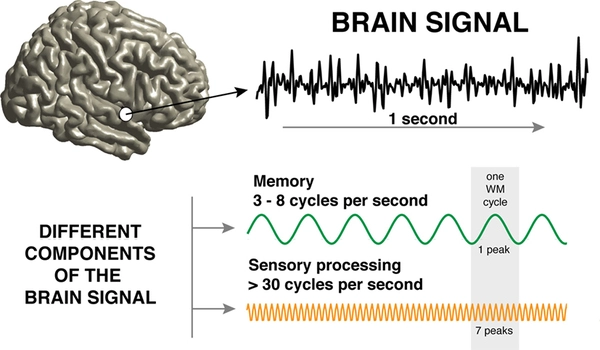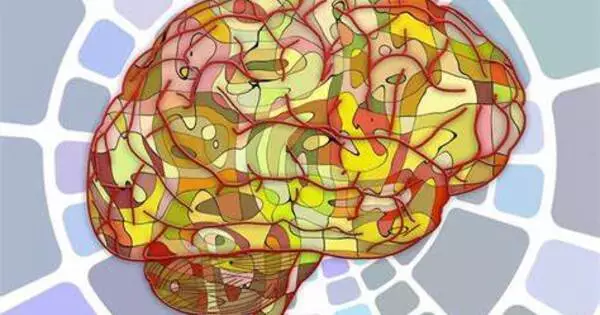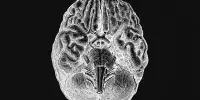Memory is a complex cognitive function, and academics have long been interested in the brain’s role in memory. The hippocampus is a brain area that is important in the formation and consolidation of memories, particularly episodic and declarative memories. Researchers have shown that hippocampal activity is intimately linked to memory creation and retrieval.
Memory performance varies greatly between people. University of Basel researchers have now established that specific brain signals are linked to these discrepancies. Memory is not confined to a single brain region but is the result of the interplay of several brain regions and neural networks.
While it is well understood that certain brain regions are important in memory processes, it has not been shown whether these regions exhibit distinct activities when it comes to storing information in those with better or worse memory capacity.
The findings help us to better understand how differences in memory performance occur between one individual and another, adding that brain signals from a single individual do not allow any conclusions to be drawn about their memory performance.
Dr. Léonie Geissmann
A study team lead by Professor Dominique de Quervain and Professor Andreas Papassotiropoulos explored this issue and published their findings in the journal Nature Communications.
They challenged over 1,500 volunteers between the ages of 18 and 35 to look at and memorize 72 images in the world’s largest functional MRI study on memory. MRI was used to record the patient’s brain activity during this process. The individuals were then asked to recollect as many of the photos as they could – and, like in the general population, there were significant disparities in memory performance between them.

Signals in brain regions and networks
The researchers discovered a direct relationship between brain activity during the learning process and subsequent memory function in certain brain regions, including the hippocampus. Individuals with greater memories had higher levels of activity in these brain locations. Other memory-relevant brain regions in the occipital cortex were shown to be equally active in persons with varying degrees of memory performance.
The researchers were also able to uncover functional brain networks associated with memory performance. These networks are made up of multiple brain areas that communicate with one another to facilitate complicated operations like information storage.
“The findings help us to better understand how differences in memory performance occur between one individual and another,” said the study’s first author, Dr. Léonie Geissmann, adding that brain signals from a single individual do not allow any conclusions to be drawn about their memory performance.
The findings, according to the researchers, are critical for future studies aiming at correlating biological traits such as genetic markers to brain activity.
Basel-based research on memory
The current study is part of a large-scale research initiative led by the University of Basel’s Department of Biomedicine’s Research Cluster Molecular and Cognitive Neurosciences (MCN) and the University Psychiatric Clinics (UPK) Basel. The goal of this project is to develop a better knowledge of memory processes and to translate fundamental research discoveries into clinical applications.
















